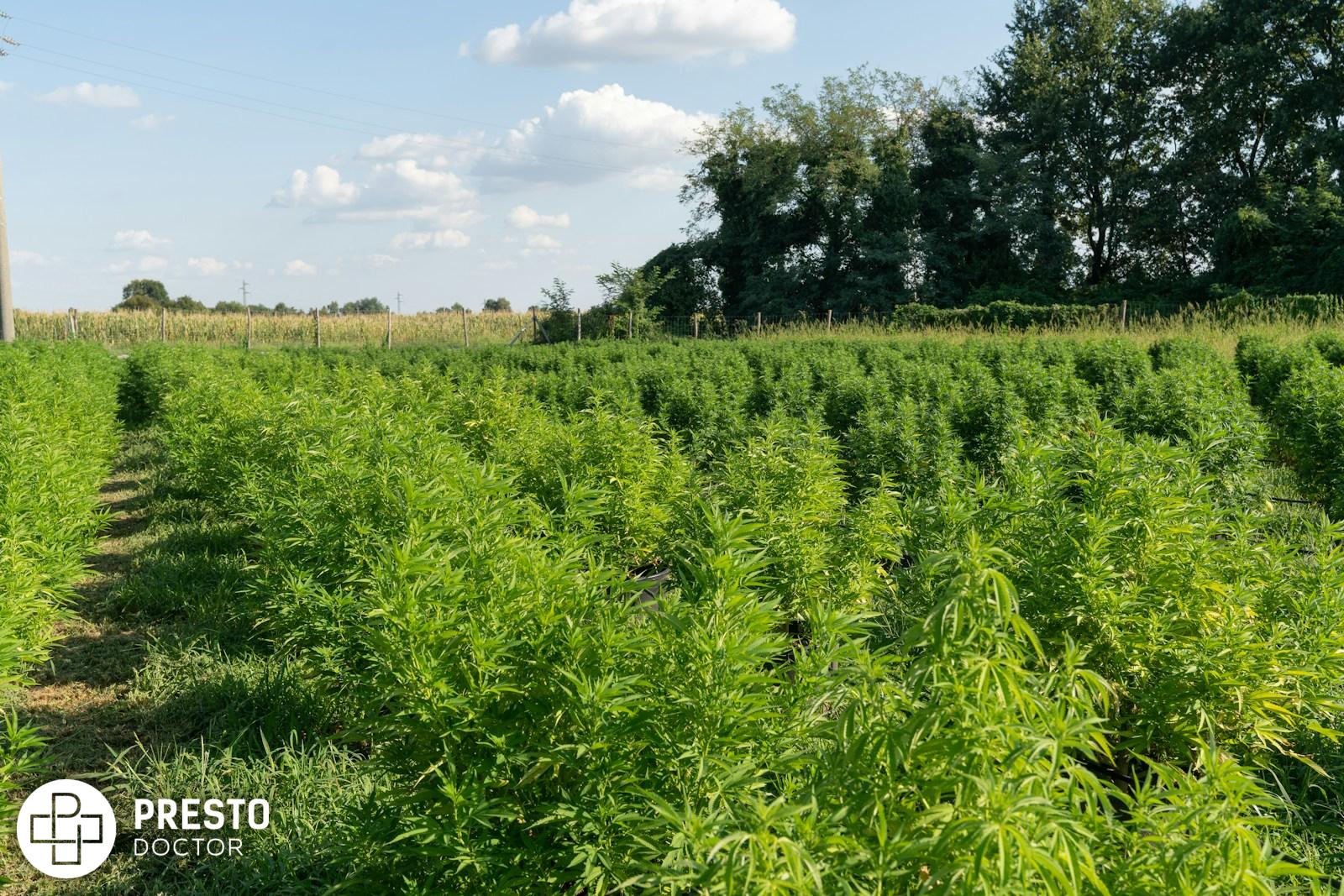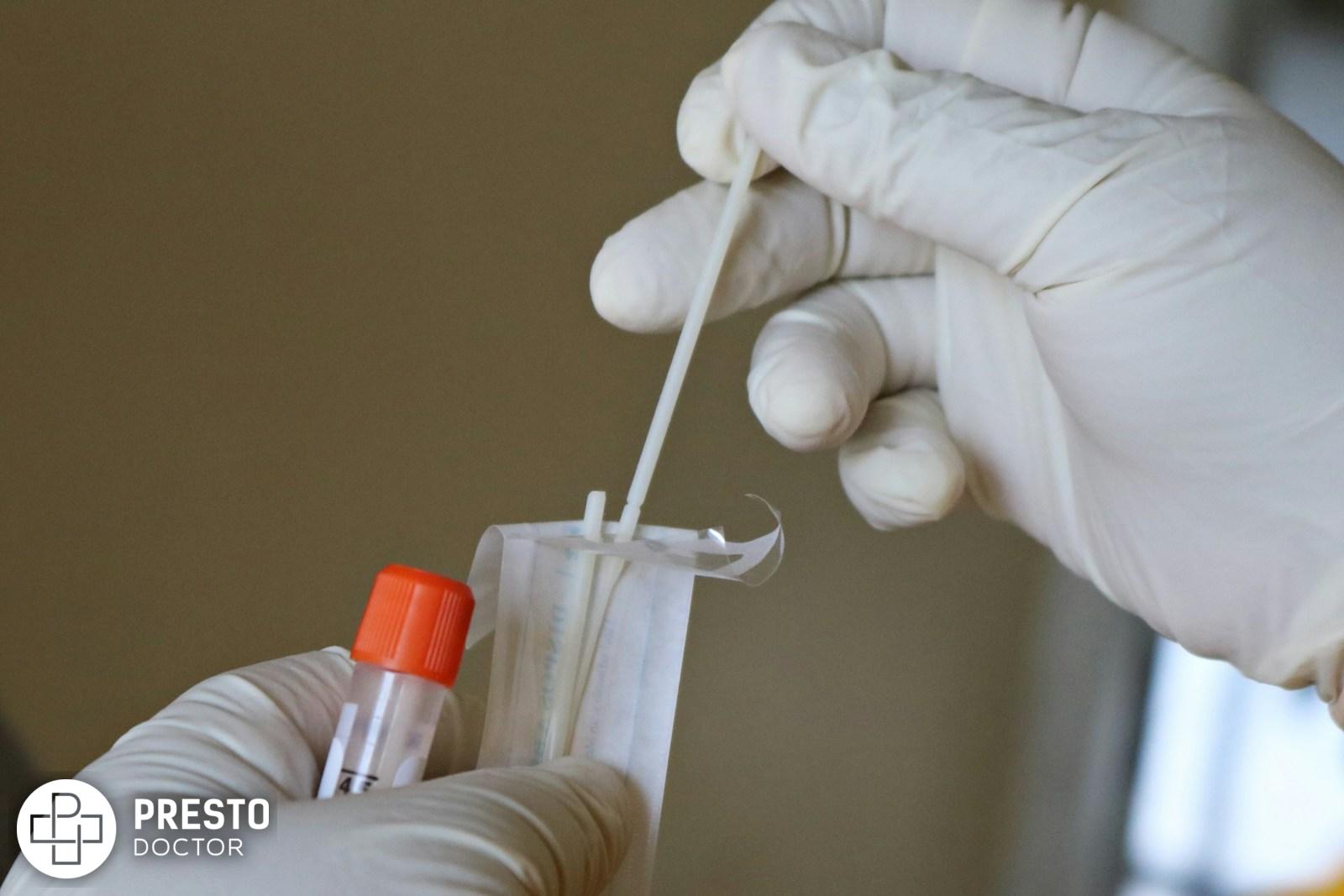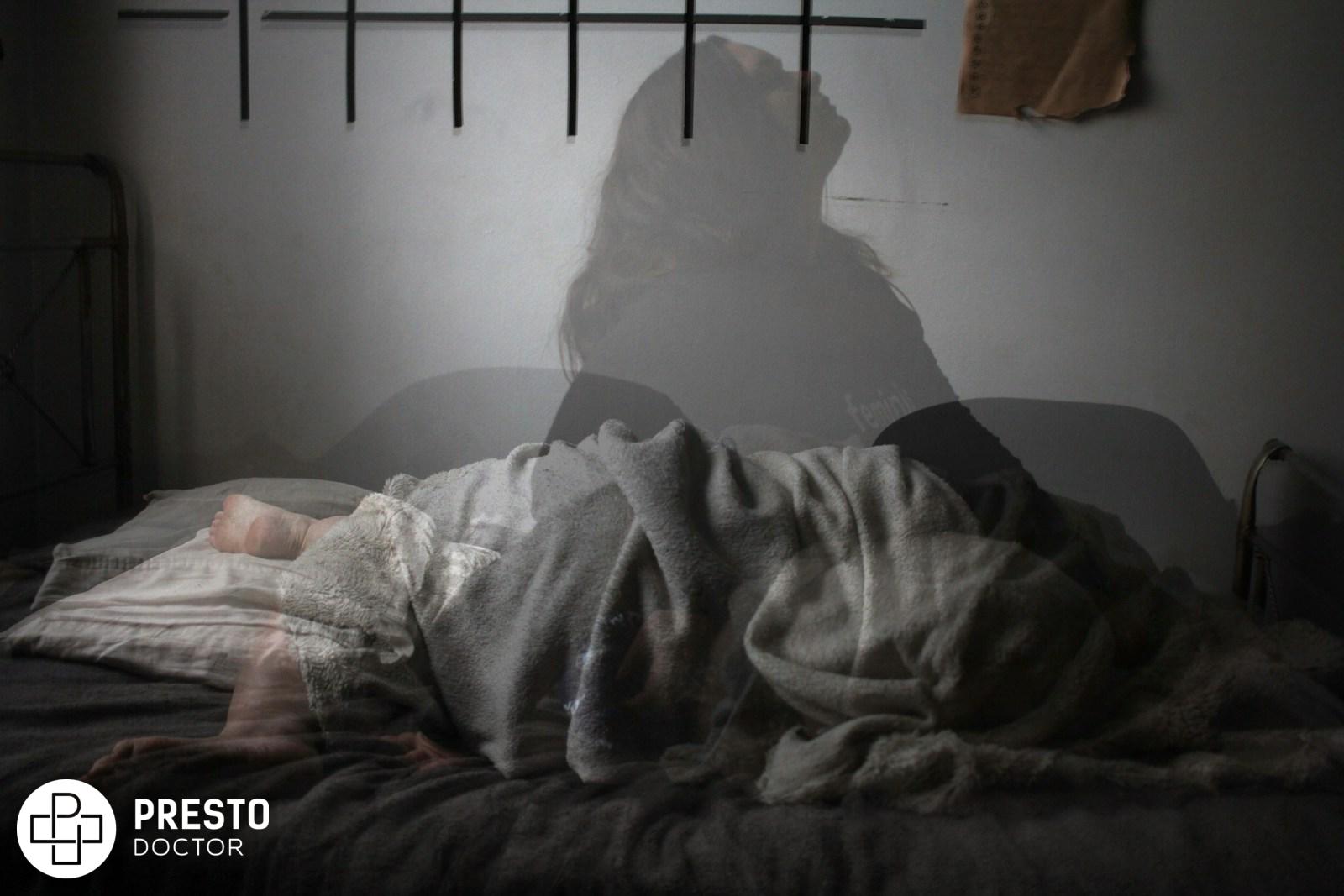
Cannabis-induced psychosis is a unique mental health condition that is triggered by the use of cannabis, a psychoactive plant. This condition is characterized by the manifestation of psychotic symptoms such as hallucinations, delusions, and disorganized thinking. It is essential to understand the connection between cannabis use and psychosis to address this growing concern in society. By exploring the signs and symptoms, risk factors, mechanism of action, and treatment options for cannabis-induced psychosis, we can better equip ourselves with the knowledge needed to prevent and manage this condition.
Overview of cannabis-induced psychosis
Cannabis-induced psychosis is a mental health condition that occurs as a result of cannabis use. It can come with the presence of psychotic symptoms such as hallucinations, delusions, and disorganized thinking. This condition typically occurs in individuals with a predisposition to psychosis and can be triggered by the use of cannabis. Understanding the signs, symptoms, and risk factors associated with cannabis-induced psychosis is crucial for effective prevention and treatment.
Connection between cannabis use and psychosis
The connection between cannabis use and psychosis has been a topic of much research and debate. Studies have shown that individuals who use cannabis are at an increased risk of developing psychotic symptoms. This is especially true if they have a predisposition to psychosis. The psychoactive compound in cannabis, delta-9-tetrahydrocannabinol (THC), is believed to play a role in triggering psychosis by disrupting the brain’s dopamine system. However, it is important to note that not everyone who uses cannabis will develop psychosis. Other factors such as genetic and environmental influences also contribute to the development of this condition. Further research is necessary to fully understand the complex relationship between cannabis use and psychosis.
Signs and Symptoms
Signs and symptoms of cannabis-induced psychosis can vary from person to person, but there are some common indicators to be aware of. These can include hallucinations (seeing or hearing things that aren’t there), delusions (strongly held false beliefs), disorganized thinking, difficulty concentrating, and changes in behavior or mood. Disorganized thinking can manifest as difficulty connecting thoughts or communicating ideas clearly. Changes in behavior and mood can include increased agitation, anxiety, or withdrawal. It’s important to note that these symptoms typically occur during and shortly after cannabis use, and may subside once the effects wear off. It is crucial to seek professional help if you or someone you know experiences these symptoms to ensure proper diagnosis and treatment.
Effects on cognitive and emotional functioning
Cannabis-induced psychosis can have significant effects on cognitive and emotional functioning. Cognitive impairments may include difficulties with memory, attention, decision-making, and problem-solving. Emotional changes can manifest as increased anxiety, depression, and mood instability. These impairments can impact daily functioning and overall quality of life. It is essential to address these effects through appropriate treatment and interventions to improve cognitive and emotional well-being.
Risk Factors
Various factors can increase the risk of cannabis-induced psychosis. These include genetics, family history of psychosis, pre-existing mental health conditions, and regular, heavy cannabis use. Additionally, individuals who start using cannabis at an early age or consume high-potency strains are more susceptible to developing psychosis. Factors such as genetic vulnerability, environmental stressors, and the interaction between cannabis compounds and the brain contribute to the onset of psychosis. Understanding these risk factors is crucial for early identification and intervention.
Factors that increase the risk of cannabis-induced psychosis
Several factors can increase the risk of cannabis-induced psychosis. These include genetic susceptibility, with individuals carrying certain genes being more prone to developing psychosis after cannabis use. A family history of psychosis also adds to the risk. Pre-existing mental health conditions, such as depression or anxiety, can make individuals more vulnerable. Regular and heavy cannabis use, especially high-potency strains, further increases the likelihood of developing psychosis. Early initiation of cannabis use during adolescence also heightens the risk. Understanding these factors is crucial for identifying individuals who may be more susceptible and providing appropriate interventions.
Relationship between age, dosage, and frequency of use
The relationship between age, dosage, and frequency of cannabis use plays a significant role in the risk of developing cannabis-induced psychosis. Adolescents who start using cannabis at an early age are more vulnerable to the negative effects on brain development and are at a higher risk of developing psychosis. Higher dosages and frequent use of cannabis, especially high-potency strains, also increase the likelihood of psychotic episodes. It is crucial to educate individuals, particularly young users, about the potential risks associated with cannabis use and encourage responsible and moderate consumption.
Mechanism of Action
Cannabis-induced psychosis occurs due to the interaction between cannabinoids, such as THC, and the brain’s cannabinoid receptors. THC primarily binds to the CB1 receptors in the brain. This leads to an imbalance in the release and regulation of neurotransmitters. Various brain regions and neurotransmitter systems, such as dopamine, glutamate, and GABA, actively influence psychosis development through the disruption they cause. The exact mechanisms behind this process are still being studied. These interactions may contribute to the development of cannabis-induced psychosis.
How cannabis affects the brain and triggers psychosis
Cannabis affects the brain by interacting with the endocannabinoid system, primarily through the activation of CB1 receptors. This interaction disrupts the normal balance of neurotransmitters, including dopamine, glutamate, and GABA, which are involved in psychosis development. The specific mechanisms by which cannabis triggers psychosis are still being studied, but it is believed that the dysregulation of these neurotransmitter systems contributes to the onset of psychotic symptoms in susceptible individuals.
Interaction with the endocannabinoid system
Cannabis interacts with the endocannabinoid system, which plays a crucial role in regulating various physiological processes in the body. The main active compound in cannabis, THC, binds to CB1 receptors in the brain, leading to the activation of the endocannabinoid system. This interaction affects the release and reuptake of neurotransmitters, leading to changes in neuronal communication. Imbalances in neurotransmitter levels, particularly dopamine, glutamate, and GABA, have been implicated in the development of psychosis. Understanding the intricacies of this interaction is important in unraveling the mechanisms behind cannabis-induced psychosis.
Treatment and Prevention
The comprehensive approach to cannabis-induced psychosis encompasses both treatment and prevention strategies. In terms of treatment, a combination of medication and psychological interventions is common. Antipsychotic medications are often prescribed to manage symptoms such as hallucinations and delusions. Psychotherapy, including cognitive-behavioral therapy, aids individuals in developing coping strategies and addressing underlying psychological issues. Supportive therapy and psychosocial interventions also play a beneficial role in helping individuals manage symptoms and improve overall functioning.
On the prevention front, education and awareness programs are pivotal in informing individuals, especially vulnerable populations, about the potential risks and consequences of cannabis use. Implementing harm reduction strategies, such as reducing access and promoting responsible use, contributes to mitigating the occurrence of cannabis-induced psychosis. Treatment plans are specific to individual needs. They often involve a multidisciplinary approach with psychiatrists, psychologists, and other healthcare professionals collaborating to provide comprehensive care.
Preventive measures and harm reduction strategies
Preventive measures and harm reduction strategies play a crucial role in addressing cannabis-induced psychosis. Education and awareness campaigns can provide individuals with accurate information about the potential risks of cannabis use, helping them make informed decisions and avoid excessive consumption. Implementing policies that restrict access to cannabis, especially for vulnerable populations, and promoting early intervention programs can help prevent the development of psychosis. Additionally, integrating harm reduction strategies, such as providing access to mental health services and support groups, can help individuals reduce the negative consequences associated with cannabis use and improve their overall well-being.
Conclusion
In conclusion, one should consider cannabis-induced psychosis as a concern. The link between cannabis use and the development of psychosis is well-established, and individuals should be aware of the potential risks involved. Treatment options for cannabis-induced psychosis exist, but prevention is crucial. By increasing preventive measures, such as education campaigns and access to mental health services, the negative consequences of cannabis use can be less. Raising awareness and conducting further research will continue to be essential in combating this issue.
Future research and potential legislative implications
Future research on cannabis-induced psychosis is crucial in order to further understand its causes and mechanisms, as well as to develop more effective prevention and treatment approaches. Additionally, studying the long-term effects of cannabis use on mental health can provide valuable insights into the potential risks and consequences. This research can inform future legislative decisions regarding cannabis regulation and help in implementing policies that prioritize public health and safety.







